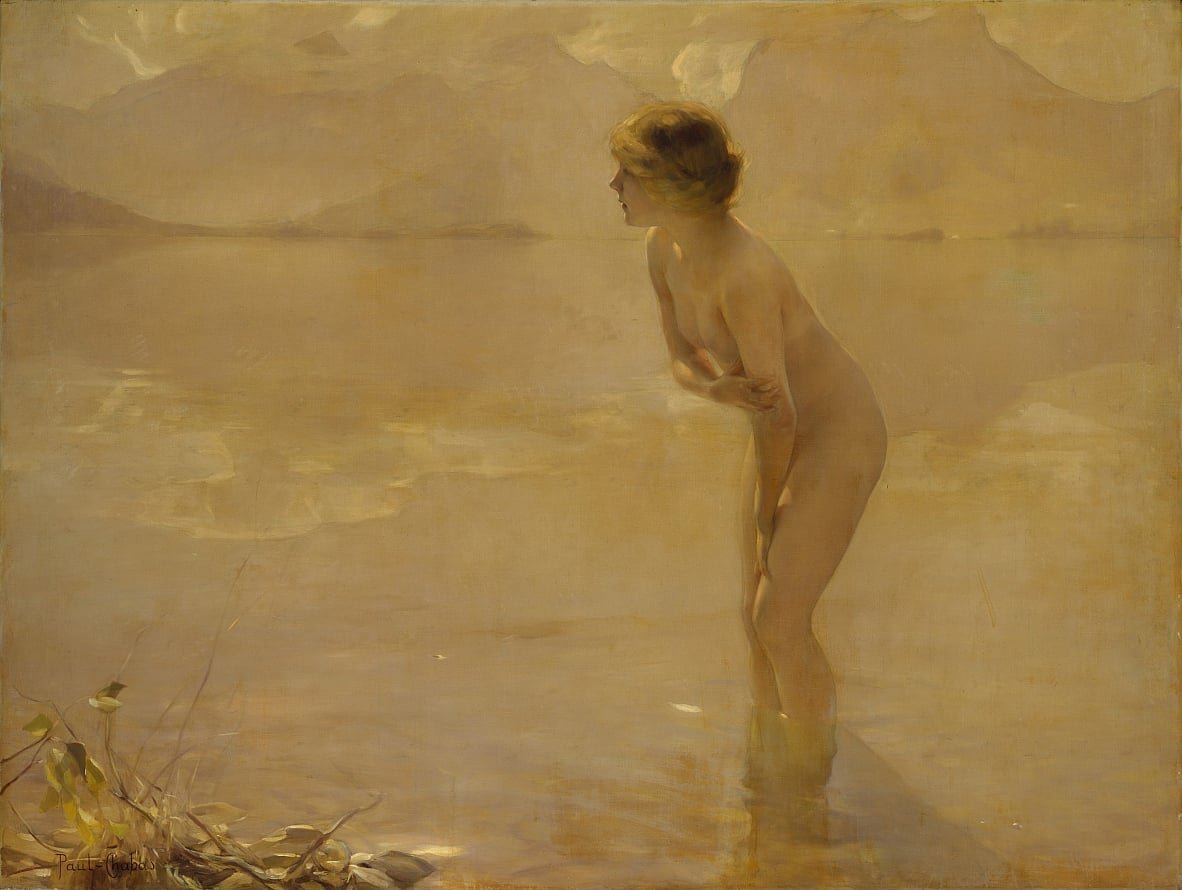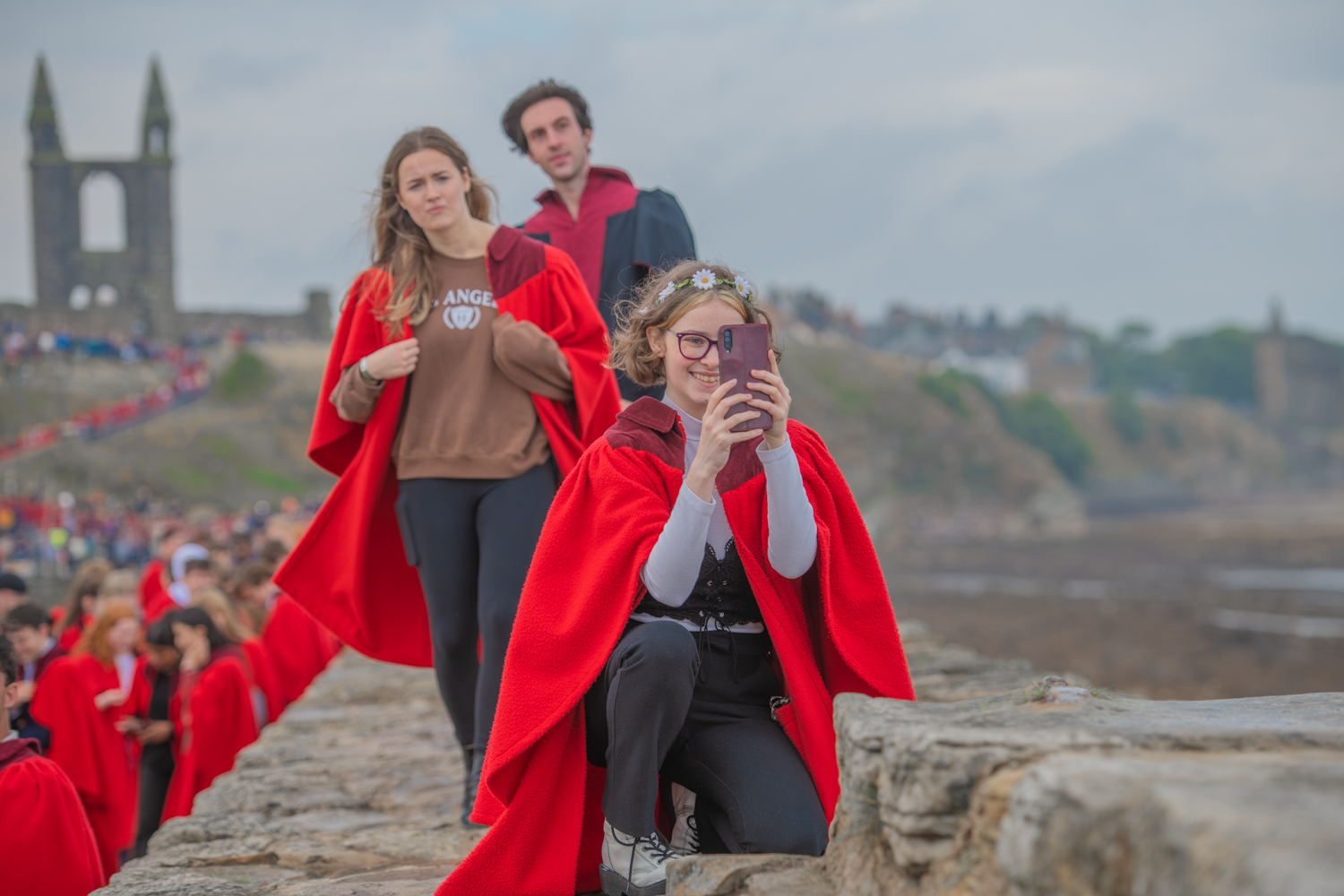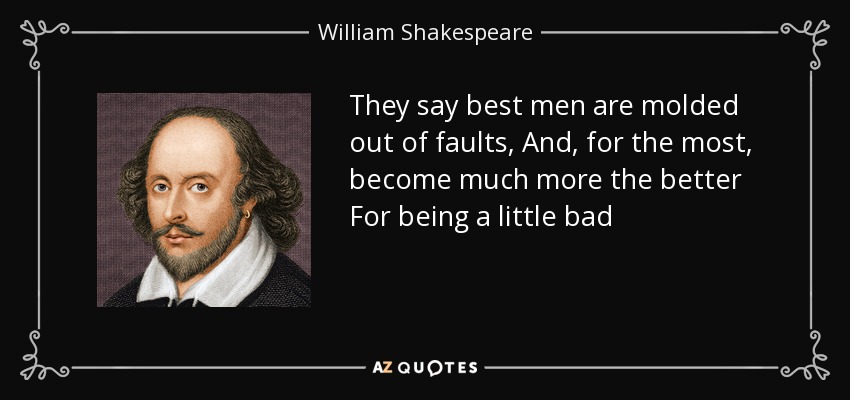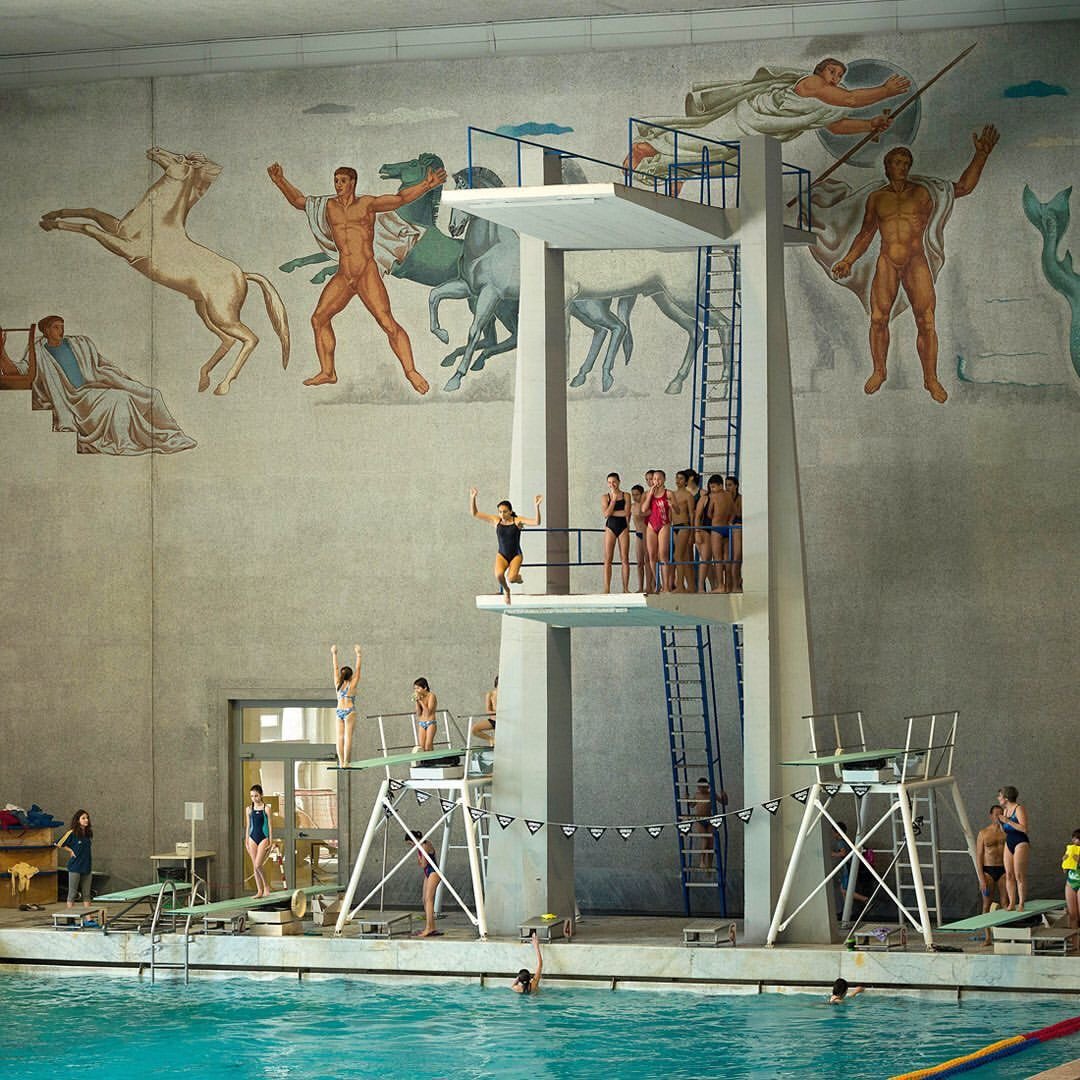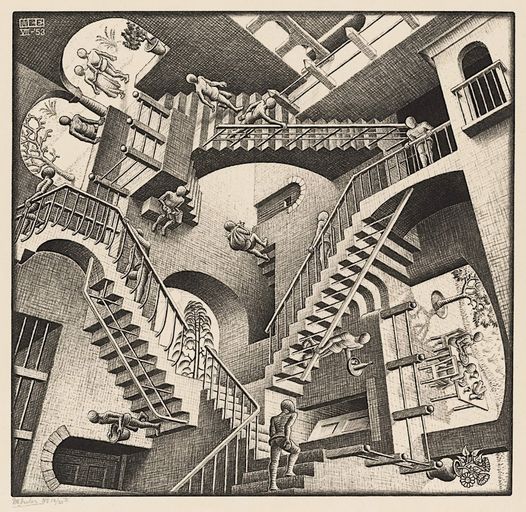Review of development in safety and sustainability best practice catalogs for education community outdoor environment.
The Shire horses are back to harvest the @Kings_College wildflower meadow. Majestic 😍 pic.twitter.com/kHAWUzGVUj
— Gabriela Montejo-Kovacevich 🇪🇺 (@gmkov) August 14, 2023
The Shire horses are back to harvest the @Kings_College wildflower meadow. Majestic 😍 pic.twitter.com/kHAWUzGVUj
— Gabriela Montejo-Kovacevich 🇪🇺 (@gmkov) August 14, 2023


